Toast, fruit, cereal, smoothies… ahhhh what do I eat before training?
Sound familiar? It’s something I’m often asked and is a question many seem to struggle with.
In my mind I think of a pre-training meal as a fuel top up to help get the most out of the following session… but one size doesn’t fit all! Everyone is different and different training sessions call for different tactics!
Having a meal or snack before a training session can help boost training stamina and even performance, but whatever you have you want to ensure it leaves you feeling comfortable and ready to go. To be honest it’s all about trialling what suits you.
Here are a few tips to guide your pre-training choices: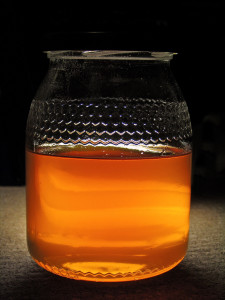
- Choose foods high in carbohydrate
- Avoid high fat options
- Include adequate fluids
- For those prone to stomach upsets steer clear of fibre
- Go for foods and fluids you like and enjoy
So what about different training sessions? How does that effect selection of your pre-training meal?
Say you’re heading out to a 60 min, 6am running group or boxercise class. You want to make the most of the session and have the energy to get through the class. The last thing you want is to be distracted by hunger pains or not be able to hear the trainer over the sound of your stomach protesting against the famine it’s being subjected to (or worse your sparring partner mistakenly thinks the sound has come from the other end of your digestive track!). A quick snack before you leave the house may be all you need. Try a slice of toast with honey, 1-2 pikelets (the ready-to-eat versions you buy at the supermarket), a liquid breakfast drink (or ½ of one and drink the rest after the session), a small glass or fruit juice or sports drink. And don’t forget to take a bottle of water with you.
Personally I like just a small snack before a morning session and then a proper breakfast afterwards. If you prefer a bigger meal or know you won’t have time after training to sit down 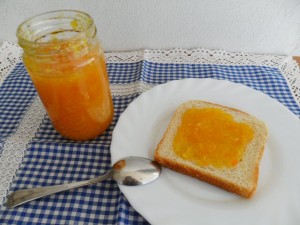 to a bigger meal get up earlier and have your meal before training. This will allow time for the meal to be emptied from your stomach also.
to a bigger meal get up earlier and have your meal before training. This will allow time for the meal to be emptied from your stomach also.
For longer sessions, over 90 min, it’s definitely worth getting up with extra time to have a snack or small meal. Longer sessions or endurance sports rely on adequate carbohydrate (or glycogen) stores in the muscles and liver. Liver glycogen helps maintain blood glucose levels which is important during longer training sessions and endurance events. Overnight liver glycogen stores are reduced so it’s best if you can re-stoke this fuel store before you head out.
If the aim of your training session is to help with weight loss, a pre-training snack can still be important and worthwhile. Training on empty can mean you’ll get less out of your session and possibly not work as hard. Having a small snack can help keep you focused and maintain a higher intensity during your work out. But obviously a pre-training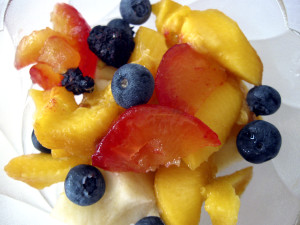 meal or snack needs to be incorporated into and considered when planning your daily diet. And you still need to ensure you’re managing the right balance of energy in and energy out if you’re hoping to drop a few kilos
meal or snack needs to be incorporated into and considered when planning your daily diet. And you still need to ensure you’re managing the right balance of energy in and energy out if you’re hoping to drop a few kilos
Overall do what feels best for you, opt for high carbohydrate, low fat foods that you like. Trial different foods and the timing of your meals and snacks but don’t try anything new before a race or competition, that’s what training sessions are for. Monitor how different options make you feel and how they affect your performance. And don’t forget fluids!
Written by Bobbie Crothers ADP AN AccSD
Reference: Sports Dietitians Australia (SDA), Eating & drinking before sport. www.sportsdietitians.com.au

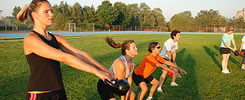
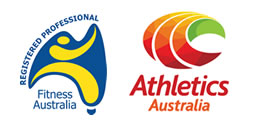
Speak Your Mind